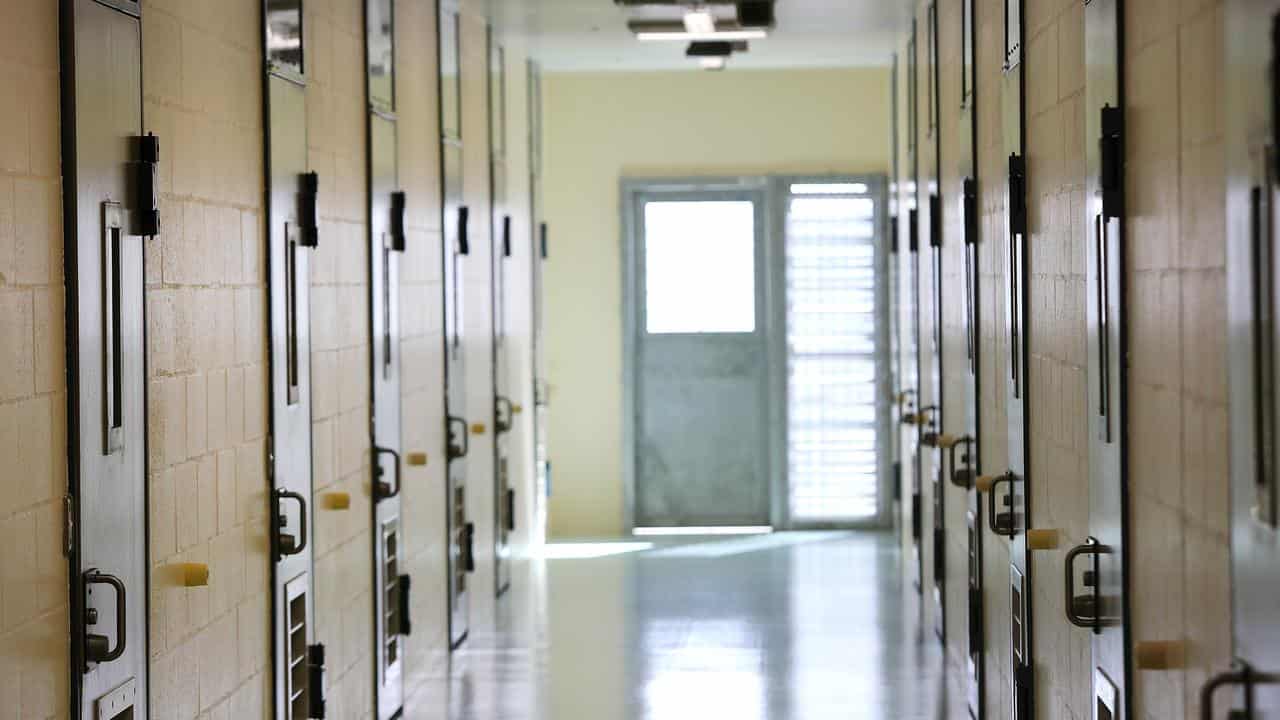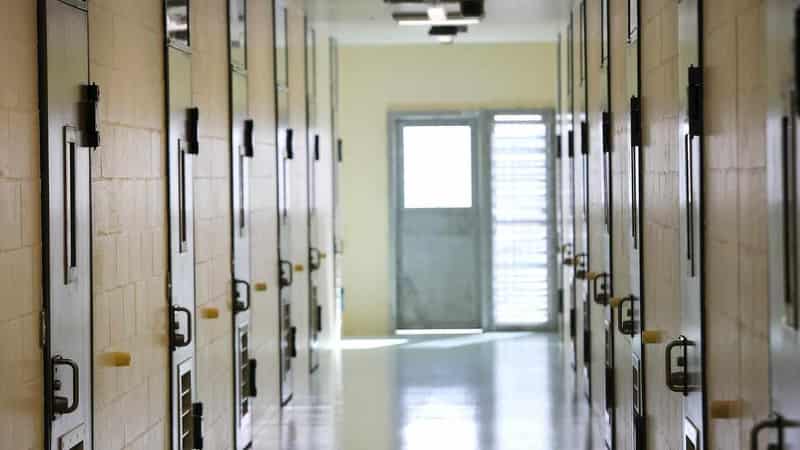
Women facing jail time during pregnancy could have their prison terms delayed to allow them to give birth and bond with their babies under proposed changes to Victorian sentencing rules.
Courts can delay sentencing for up to 12 months to allow offenders to focus on rehabilitation but a panel of experts say it's time to consider the impact of a sentence on prisoners' families, on victims and on the broader community.
On Tuesday, Victoria's Sentencing Advisory Council released a report detailing 10 recommendations to the way courts defer punishment.
Judges and magistrates currently have to abide by strict guidelines that set out when deferrals are appropriate, such as when it is in the best interest solely of the offender, but the report called for a "more balanced approach".
The council is proposing sentencing delays for a number of reasons: so offenders and victims can take part in restorative justice; so offenders can have medical treatment or surgery; if a delay is in the best interest of the offender's dependant child; for reasons linked to an Aboriginal person’s cultural background; and to allow young offenders to access rehabilitation programs.
Sentencing Advisory Council director Professor Marilyn McMahon said delays were underused and could ensure offenders had access to services that reduced their likelihood of reoffending.
She said it was also important to encourage attachments between prisoners and their children as the child could grow up particularly vulnerable, disadvantaged and at risk of complex trauma.
"If prison is inevitable, sentence deferral can also enable parents to make caring arrangements for their children and settle them into their new environment first," Prof McMahon said.
"Making it clear that these are appropriate reasons to defer sentencing has the potential to reduce harm to children and improve their long-term outcomes and to protect the community by interrupting the cycle of intergenerational offending."
The council also called for deferrals to be increased to 18 months in some circumstances and for the Supreme Court to have the power to order delays. Currently such orders are only permitted in magistrates and county courts.
The report states most of those who are given delayed sentences are young adults and it is most useful when offenders are "on the cusp" of a punishment that doesn't involve prison, such as community correction orders or sentences without convictions.
"For someone facing a likely prison sentence, performing well during deferral could be the tipping point that keeps them out of prison and halts their offending pathway," the report said.
Corrections Minister Enver Erdogan said the government would consider the recommendations, including deferring jail for pregnant offenders.
"We have supports for mums - it's called the Living with Mum program - (for) women to have their children in custody facilities," he told reporters.
"Because we know how important family is, especially in those early years."









